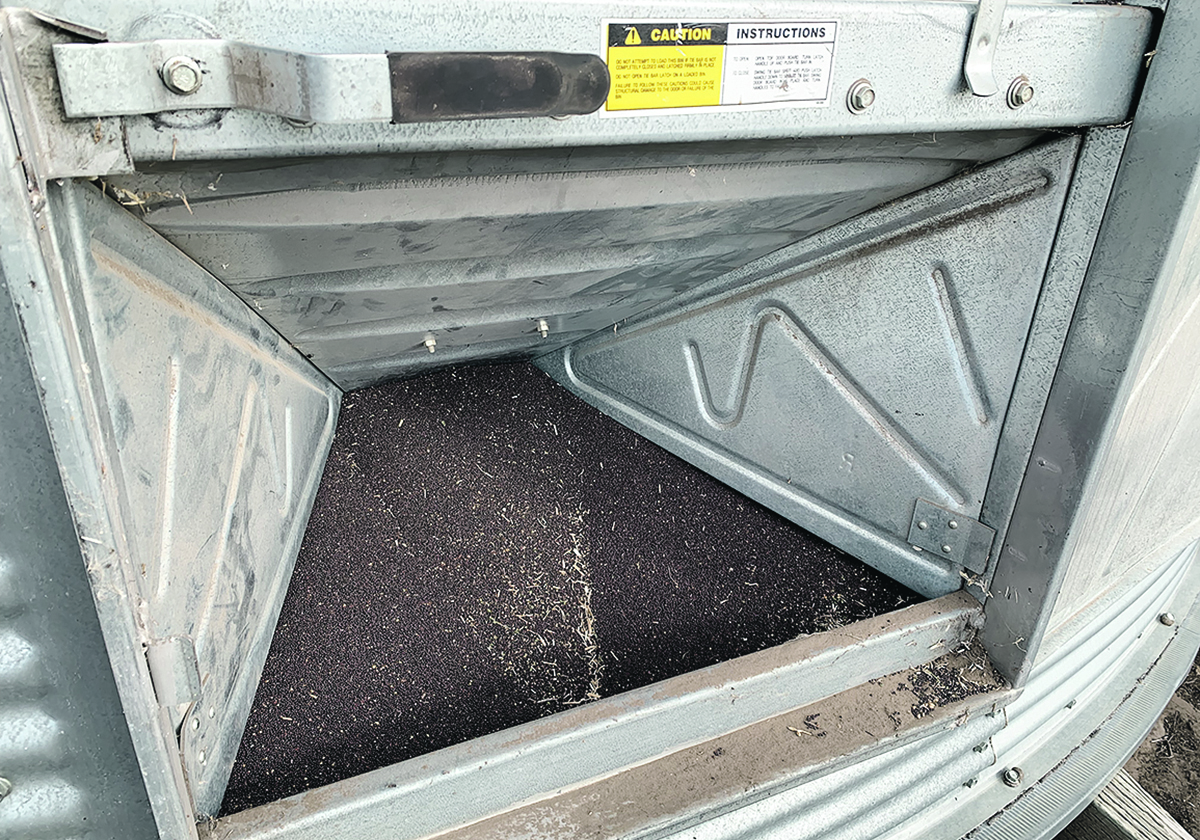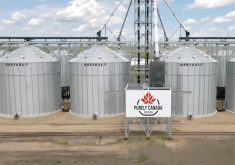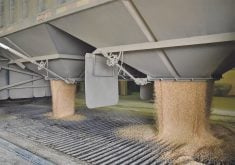Canadian Grain Commission says it watches at-risk companies, but acknowledges that changes in a firm’s situation can happen quickly
REGINA — Farmers have until Jan. 27 to file claims with the Canadian Grain Commission against Purely Canada Foods.
Jon Friesen, the commission’s chief operating officer, said the cluster of companies that have fallen into financial difficulty in the last year is unusual. Purely Canada is the only ongoing claim assessment situation.
The company’s licences in Avonlea, Kindersley and Lajord, all in Saskatchewan, were revoked Aug. 27.
Read Also

New program aims to support plant-based exports to Asia
Understanding the preferences of consumers in Taiwan and how they differ from Indonesia or Malaysia isn’t easy for a small company in Saskatchewan.
“Clearly, I think now more than ever, it’s a time to look at what your rights and obligations are at delivery and ensure you’re taking steps to make sure that you could be protected,” Friesen said during a presentation at the Agricultural Producers Association of Saskatchewan annual meeting.
APAS has called on the grain commission to reform its producer payment protection.
Friesen said one thing to be aware of is cheque deferral and that producers could be left without coverage if a company goes under.
“Of course, there is a tax savings potentially related to deferral, but it’s usually a lot less than what that whole payment would have been from the company,” he said.
In the most recent cases, LSM Grain had posted security of $2 million and the grain commission paid out $395,587.30 to nine producers, or 100 per cent of the claims.
Similarly, Zeghers Seed had posted $3 million in security and paid out 100 per cent of claims to 27 producers, or $1.23 million.
However, for Global Food and Ingredients, the $2 million in security did not cover the claims, and 29 producers received only 75 per cent of what they were owed.
APAS past-president Ian Boxall is one of those producers.
He asked Friesen how, in this age of instant transactions, this can still happen.
“For them to be over their bond today is ridiculous,” he said.
Friesen wouldn’t speak specifically to the GFI payments but said the commission has a team of auditors that specifically watches companies they deem at risk.
“We keep track of their financials month over month,” he said.
“Companies have to report to us on their liabilities every month. That’s the base line.”
If the financial scores for a company are bad or complaints are coming in from producers, they will step up that activity.
However, he said the information comes from the companies and there is a time delay, which adds an element of risk.
“If things change quickly, things go down quickly, it’s not always within our control to capture immediately,” Friesen said.
He also said many involved with GFI and LSM had deferred their cheques. Many in those situations don’t receive payments at all, he added.
With regard to the $1.6 million left from the LSM Grain security, Friesen said that is receivables insurance.
“It’s an insurer that pays out the loss, so there’s no money that they’re hanging on to there,” he said.
Meanwhile, delegate Wayne Bacon asked about container inspections. He said farmers who ship product to the West Coast for loading into containers pay for an inspection there.
“Right now, I know there’s a shipment on its way to China and we got word the other day from CFIA it doesn’t meet sanitary inspection,” he said.
“I don’t think that’s acceptable … because there’s not a dang thing you can do with that ship when it’s in the middle of the ocean.”
Friesen said this is a situation the review of the Canada Grain Act could address. Containers weren’t foreseen when the act was originally drafted nor when the last comprehensive review was done in the 1970s.


















